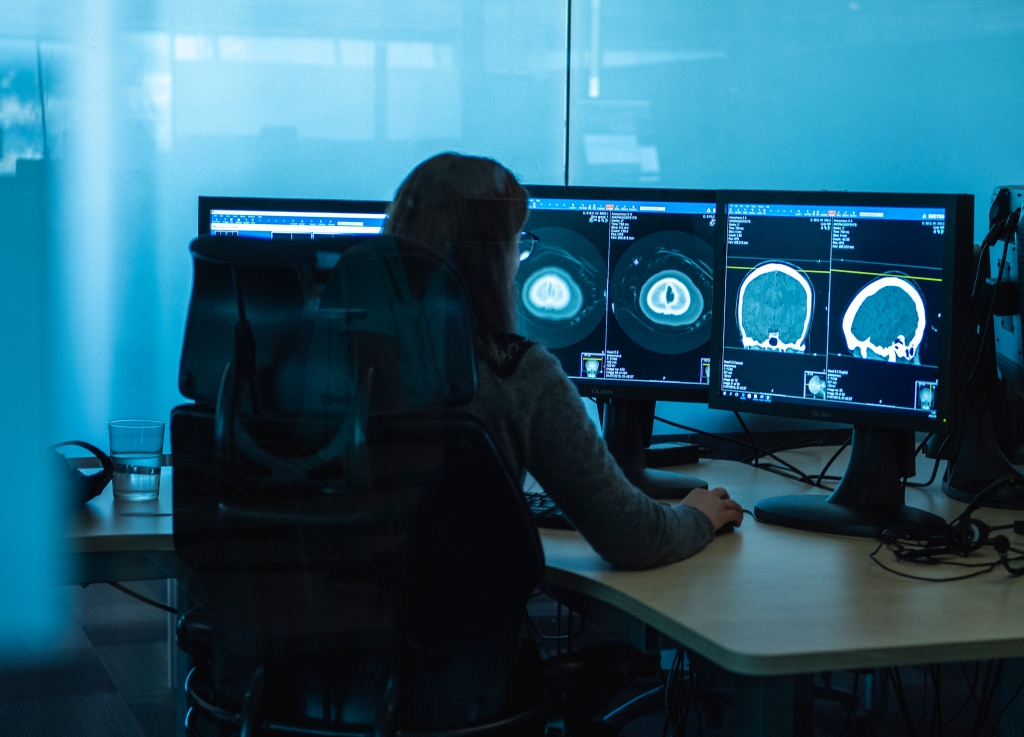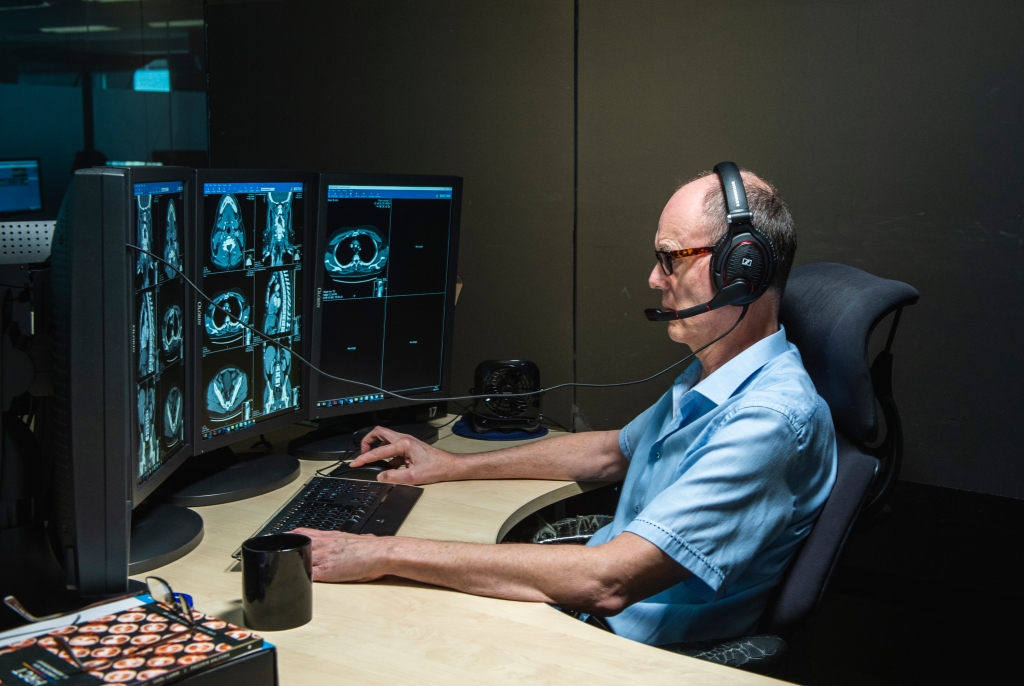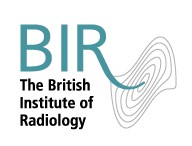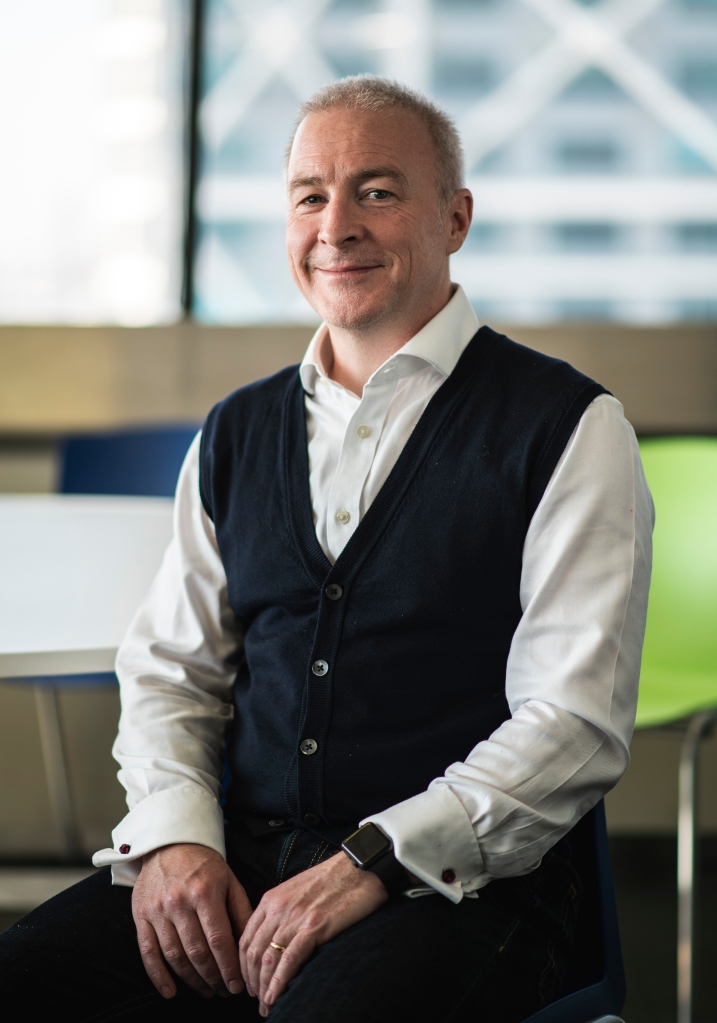Dr Gareth Davies describes the massive impact the COVID 19 pandemic had on elective cross-sectional reporting, reducing output to almost zero. Here he reflects on how the drive for innovation and the motivation to think differently led to a better teleradiology service for both patients and staff.
The pandemic will certainly define us as an organisation. A period of uncertainty, business survival, the protection of our staff and their livelihoods and a readiness to provide a clinical service our patients rely on.
Let’s go back to the 1 January 2020. It was a time when the UK’s radiology reporting capacity was at a tipping point, backlogs of unreported examinations were in the thousands, demand for imaging services was constantly increasing, and more and more patients were being scanned. Just in one single day in that month, Telemedicine Clinic (TMC) reported over 1400 elective cross-sectional scans to its NHS customer base.
Wind the clock forward to May 2020, and during the midst of the Coronavirus pandemic a grand total of 11 plain films were reported in a whole week.
TMC’s business is teleradiology, a service that underpins delivery of clinical services to the customers it reports for. Take away the need for outsourcing by having to stop elective scanning and there is no need for teleradiology. Take away elective scanning and the backlogs built up over time can be cleared. The reset button had been pressed and no one knew what was going to happen next.
TMC employ over 300 radiologists, with over 50 radiologists working in the emergency section. The recovery for this section was quick with demand returning to normal volumes after 3 months. The recovery of the elective service has stalled in line with countrywide lockdowns but is now about 60% and getting busier.
So how did a company that had 50% of its business disappear overnight survive? The simple answer was innovation!

Response team
The first thing TMC did was to call on its European based radiologists, staff, and management teams to team up to provide an unrivalled knowledge-share hub. Coronavirus imaging from hospitals all over the world was collated to provide real-time COVID reporting best practice as the world started to understand the virus more. In addition, top thoracic specialist radiologists from Europe who had already experienced COVID radiology were called to report cases for NHS hospitals. A new “24/7 COVID response” reporting team was established in less than 2 weeks.
On the back of our experience with the 24/7 COVID Response service, the TMC Academy used our reporting experience and best practice from other nations experience to create two COVID-19 online reporting modules on the TMC Academy platform and made these free to all to view and learn from.
Platform
Our next step was the deployment of the TMC Platform for our NHS customers. Where TMC had a contract in place with a Trust who also had reporting radiologists collaborating with TMC, TMC enabled the radiologist to work for their hospital using the TMC infrastructure and IT, free of charge such that the radiologist could work remotely reporting their cases, where home reporting was not available at that time. Driving down costs to our customers in the future is a focus of TMC.
TMC is proud of its recruitment process for radiologists. Our traditional model was to invite potential colleagues to our head office in Barcelona, to undergo a series of interviews and undertake test case examinations specific to their subspecialty. What do you do when you need to recruit radiologists in a period of complete lockdown, with the inability to travel even a few miles? You challenge your teams to virtualise a 3-week induction/test period of course! This was completed again using the online TMC Academy platform to make sure all radiologists were fully vetted, interviewed, examined and quality-assured to comply with our standards and strict working regulations required to support the UK market and the NHS.

Hub
Prior to the pandemic, TMC were aware of a growing need for acute reporting services ranging from neuro MRI ad hoc reporting to Emergency CT daytime cover to sub-specialist short turn around reporting. One of our major ambitions during this period was to innovate more integrated clinical care and break the traditional concept of teleradiology and the clearing of backlogs and night time on call. TMC are good at elective reporting and using UK and European based radiologists. TMC are also good at UK overnight Emergency CT reporting from wide awake UK and European radiologists who have moved to Australia. However, there is a mix of requirements that TMC did not fully cater for and the NHS desperately requires. From conversations with customers, it was clear that elective reporting, although destined to return with a vengeance, was not the priority. The main driver in fact was a mixture of acute and semi-urgent work so, from this, The TMC Hub and TMC Oncology concepts were created.
Any time of the day or night, a clinician, radiographer, or radiology manager can call TMC to discuss scanning a patient. These can be emergency patients in the day or night, they can be acute inpatients who simply need that next step in their pathway or to be discharged safely, or perhaps just a routine scan which feels urgent. The TMC Hub can help put the patient on the right pathway for their care, anytime day or night, Monday to Friday or a weekend. TMC’s customers love the new HUB concept, it provides a real safety net that they can contact us to get a patient scan completed, all within the hospitals set guidelines.
Artificial Intelligence
Last but not least, during the pandemic, TMC has had the opportunity to establish a dedicated team to evaluate the plethora of AI products on the market and implement products which we believe will improve patient care. Through stringent evaluation, TMC now has a number of AI products in place to assist its radiologists in making a clinical report. For the emergency section, AI now looks at all CT PA examinations for pulmonary embolism (PE), subtle C-spine fractures in trauma scans and intracranial haemorrhage in CT brains. For elective services, the AI software looks for PEs in all CT examinations that involve the thorax as soon as the examination arrives in the TMC PACS. In our new low dose CT thorax reporting for the NHS lung screening / lung health check service, we are using nodule detection and automated reporting to the requirements of the NHS QA standards for such a service. And new to TMC’s repertoire is a novel service, bringing AI to its clients without them knowing it. Through TMC’s IT infrastructure, our AI solution can look at ALL images in a customers PACS to identify incidental PEs, assign them to a TMC radiologist for immediate reporting which is flagged to the clinician team on-site in real-time. A scan that could have waited 3 weeks for reporting with unknown downstream costs to the Trust. AI will not replace radiologists, but it will improve radiology workflows, something which TMC can help clients do.
Benefits
With innovation comes benefit, a benefit that can be passed on to our customers in terms of reduced costs for delivery as well as reduced costs further down the patient pathway. Innovative services such as the TMC Hub or the TMC Oncology service will give clients the confidence they need to get a scan reported first time by the most appropriate and qualified radiologists.
Teleradiology and outsourced radiology are looked upon as a cost to the NHS which needs to be removed. With over 90% of NHS services relying on overnight emergency services being delivered from the independent sector, it is hard to see how this will change any time soon. Instead, looking at how teleradiology can help underpin service delivery, provide the AI analysis and expertise, provide the IT network to telework over international borders whilst using capacity from Europe to add to the overstretched UK workforce, the question should be how can we integrate more with our providers to deliver value-driven innovative healthcare to all people.
About Gareth Davies
Dr Gareth Davies, UK Medical Director Head and Body Section (Full time employed)
Dr Davies has 18 years’ experience as a Consultant Radiologist in the South Wales NHS prior to joining TMC in 2019. He has a specialist interest in interventional and oncological radiology and held various national roles including the Regional Specialty advisor for training in Wales (Royal College of Radiologists), a member of the Clinical Radiology Specialty Training committee (RCR), Lead Radiologist and Lead QA of the Wales Abdominal Aortic Aneurysm Screening Programme (WAAASP), Associate Medical Director of Cancer Diagnostics and the Clinical Lead of the Early Cancer Diagnosis Programme, Wales Cancer Network and member of the Clinical Advisory Panel for CRUK. Since Joining TMC, Dr Davies has been involved in helping form TMC Oncology as well as working within the UK Business Unit to develop a more clinically integrated approach to telemedicine with the NHS forming the TMC Hub concept.

